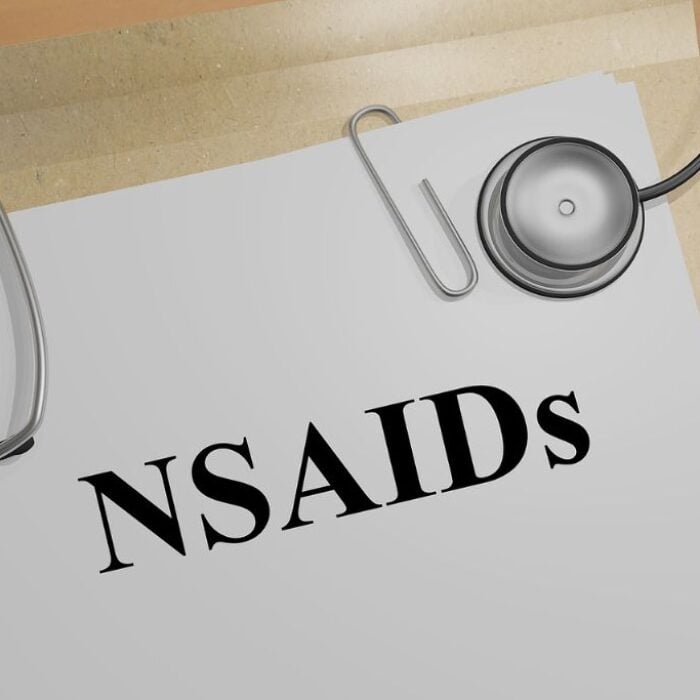Waismann Method Medical Group applauds bipartisan effort to reverse nation’s vast opioid problem
LOS ANGELES, July 20, 2016 – For the first time in decades, the U.S. Congress has passed a bill aimed to curb drug addiction via better treatment and recovery options. The Senate approved the Comprehensive Addiction & Recovery Act, or Cara, by a vote of 92-2. Cara clears the way for creation of a pain management taskforce, extra funding for new addiction research and encourages treatment options that avoid incarceration. The only thing the bill lacks is funding to set these changes in motion.
“Congress has taken a step in the right direction with the passage of Cara legislation,” says Registered Addiction Specialist Clare Waismann. “The opioid epidemic affects 2.5 million Americans every day. All available resources need to be focused on this problem. The entire nation suffers when so many are in the clutches of dependence and addiction.”
Since the start of the new millennium, the rate of opioid-related overdose has climbed a staggering 200%. In 2014, 80 of the 130 overdose deaths every day involved opioids. These cases include both street drugs like heroin and prescription-strength painkillers. Toxicology reports have confirmed that music superstar Prince died of a prescription drug overdose, proving that drug dependence and its terrible consequences does not discriminate.
The Cara bill does not have funding attached to it, so when and how the program is rolled out remains unclear. Perhaps more important is that the bill’s near-unanimous passage represents a change in how the nation thinks about drug dependence and addiction. The days of pigeonholing addiction as a character flaw may be coming to an end.
Decriminalizing opioid dependence could be a way to steer countless people away from a life of crime. Jails and prisons are full to capacity, and many inmates are non-violent drug offenders who were motivated only by their drug cravings. These individuals would be much better served by proactive medical treatment, where mental health conditions could properly be assessed and treated, rather than entering the revolving doors of jails.
Cara also makes way for broader use of buprenorphine, an opioid replacement therapy that has to be carefully considered based on each individual specific needs. The paradigmneeds to shift towards treating each person as an individual instead of preset protocols and prescriptions that often keep the person eternally drug dependent.
At the Waismann Method Medical Group, patients receive highly individualized care in a comfortable and private setting. Medically assisted detox is performed in an accredited hospital with a variety of healthcare professionals available at a moment’s notice. The Waismann Method® is a medical approach to the treatment of what is ultimately a medical problem – opioid dependence. Following detox, patients spend a few days recovering at an exclusive recovery center facility.
“There’s no real medical or therapeutic value inherent in suffering through withdrawal symptoms,” adds Waismann. “The odds of relapse are higher when people don’t receive the adequate attention and support during an opioid detox treatment. With the Waismann Method®, opioid dependence is approached as both a public health issue on the national level, and a medical problem at the individual level. For nearly two decades, Waismann Method Medical Group has been helping people turn their lives around in one of the most effective and humane opioid treatments available.”
Source: AZCentral.com – The Arizona Republic
Understanding the Interaction of Tramadol and Ibuprofen for Pain Management
Pain management is a critical component of healthcare, particularly when addressing conditions that involve both pain and inflammation. Two commonly used medications in this regard are Tramadol and Ibuprofen....
















